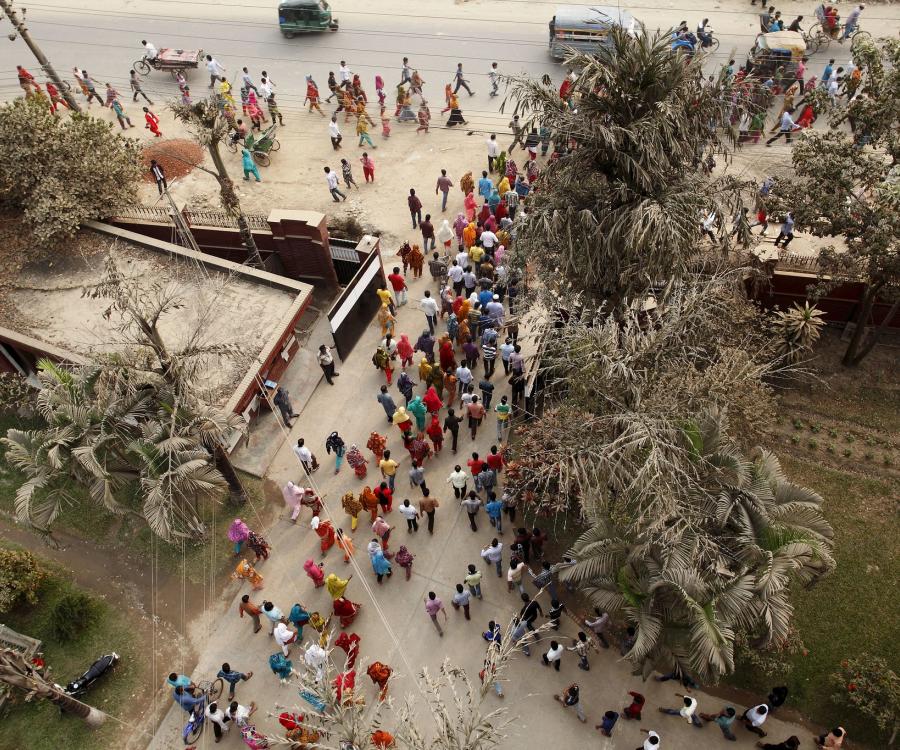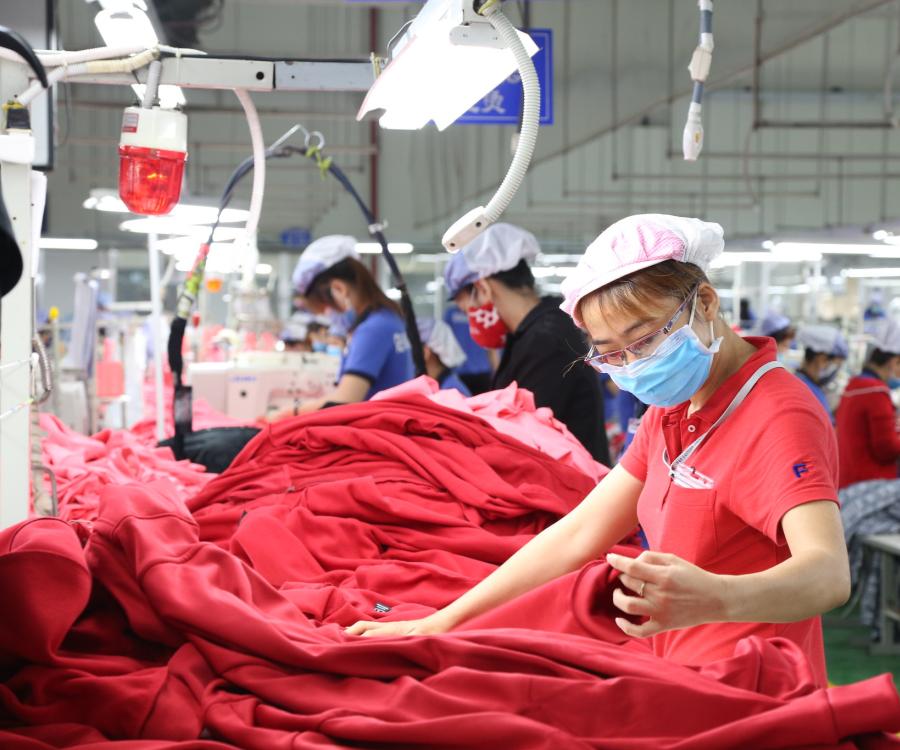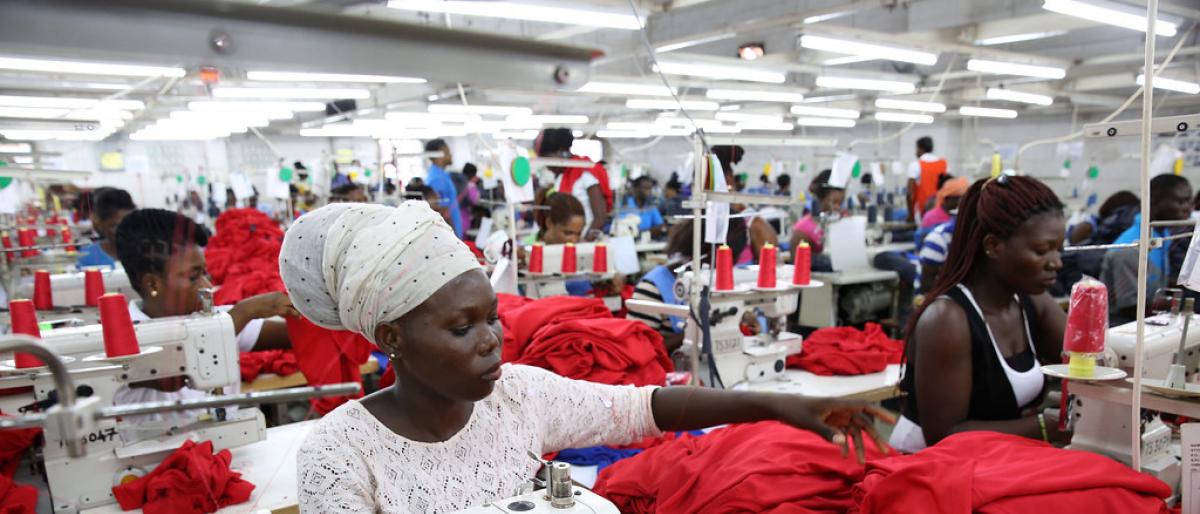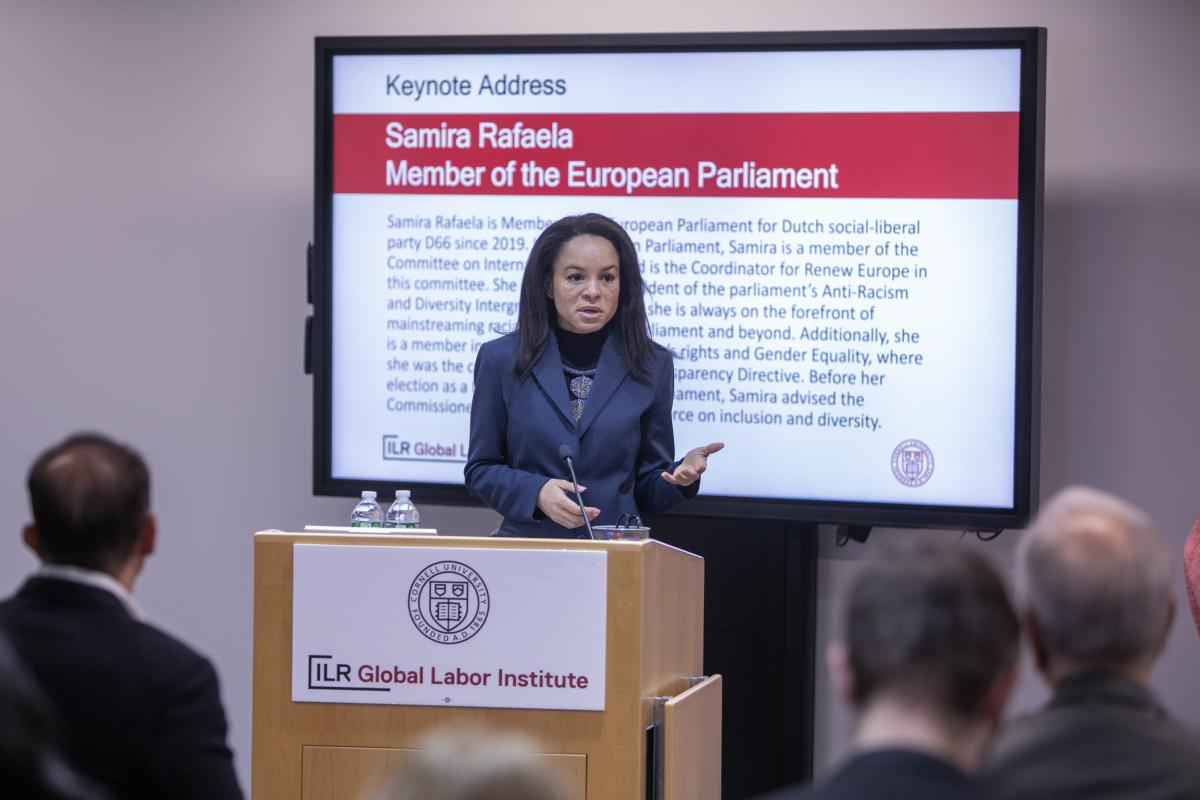How have weather conditions already changed in major apparel production centers? In this follow-up to our Higher Ground? reports, we looked at the past twenty years of weather data in our 23 focus cities to try and find that out, as well as ask how workers, brands and retailers, manufacturers and their governments should react and adapt to our warming future in a world of corporate due diligence. Read our findings here.

Read about the Global Labor Institute's new quantitative metrics that measure labor outcomes—actual impacts for workers.

Latest News and Events
This is GLI’s year two assessment of the processes and outcomes of an innovative agreement regarding freedom of association and the elimination of gender based violence at a South Indian apparel factory that could be a model for other factories around the world.

In partnership with Schroders, we report the impacts of climate change on global apparel production. In our first report, we track climate change impacts at the global, national, and factory levels. We map fashion's climate vulnerabilities across production centers, and estimate future economic damages from extreme heat and flooding. Our second report examines company-level climate risk, cost, and financing for adaption and just resilience.









